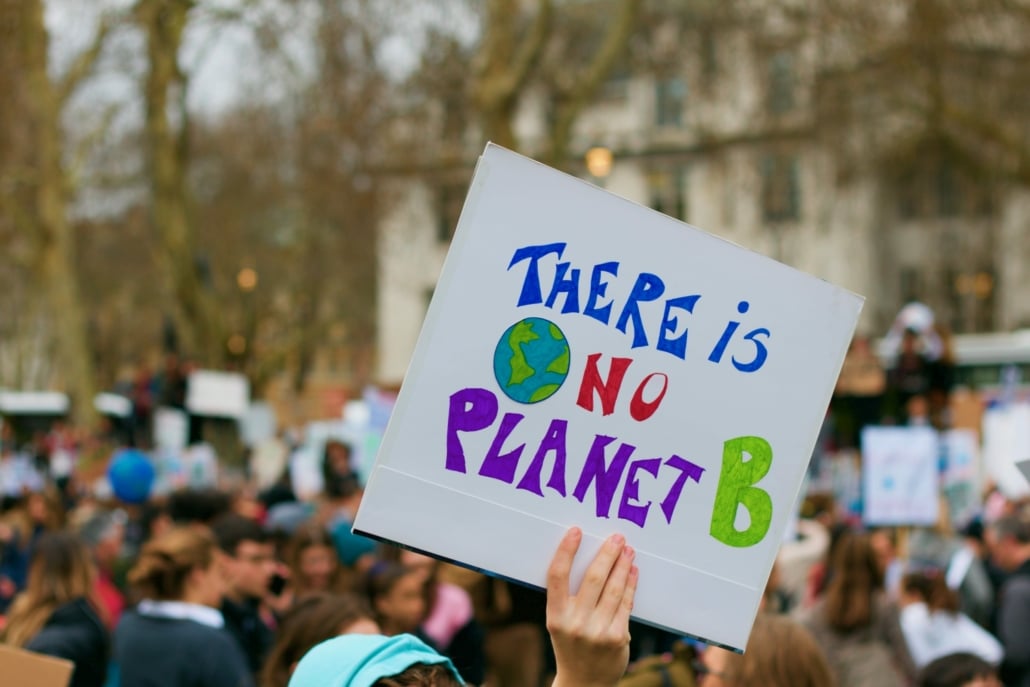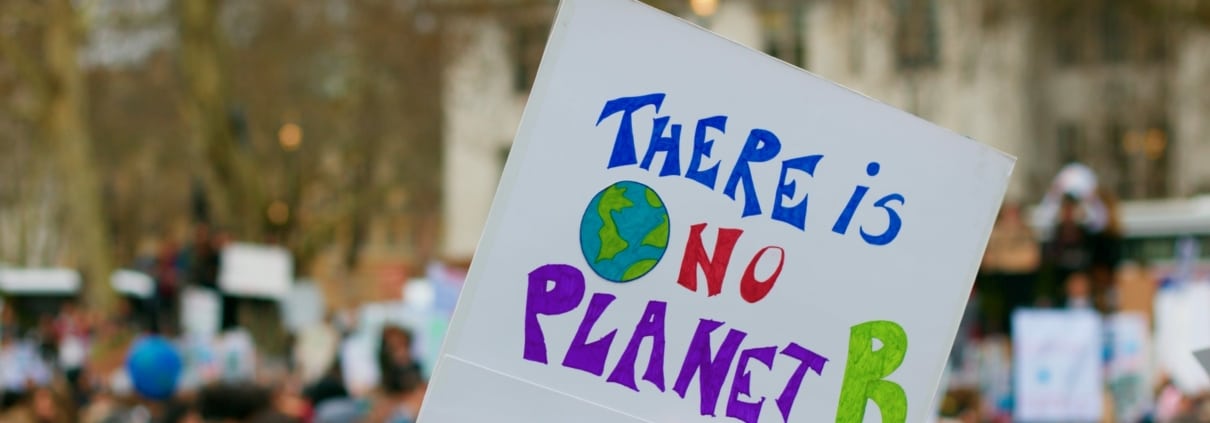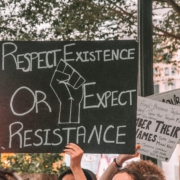Where I See Myself in Deloitte’s New Gen-Z Survey—and Where I Don’t

I am an Internet baby, a member of Generation Z. The fact that trends on TikTok and arguments on Twitter can spark and shape the news that media institutions publish seems totally normal to me. When so much of your world runs on the speed and transparency of the Internet, where the reputations of corporations and people alike can crumble at any moment, you get used to things changing fast. It’s no surprise, then, that the people of Gen Z, rarely ever anywhere without a smartphone, stand out from other generations with our eagerness for change, hatred for injustice, and high standards for business and society at large.
In a new survey from Deloitte on the attitudes and concerns of Millennials and Gen Z, these sentiments are well-explored. In particular, it does well to show how the younger generations have new expectations for businesses as societal actors, and how outraged Gen Zers are at the state of the world, with courage in our own agency to effect change. We have grown up being constantly bombarded with stories of one environmental crisis after another, discrimination, income inequality, collapsing markets and economies, an alarmingly polarized public, sexual harassment, and so much more. Naturally we are dissatisfied with what we see and want to change it for the better—especially now, with the COVID-19 crisis having exacerbated so many of these issues. According to the Deloitte survey, among Gen Z, the pandemic has raised concerns about health care and driven pessimism about the worldwide economy and the social/political situation. Granted, this was the case for other generations as well, but the effect seems much worse on a generation that was already so focused on the bad state of the world.
Eagerness to improve the world must not remain unique to Gen Z for long.
With so many of these issues threatening our way of life, members of our generation feel compelled to take it on themselves to advocate for change in any way that they can. I saw this especially in 2020, with the Black Lives Matter movement—during which people spread informational content on social media, sharing videos and photos of events, and organizing and coordinating in-person protests. The Deloitte survey reports that 6 in 10 Gen Z believe systemic racism to be at least fairly widespread, reflecting a lot of what I’ve seen and heard in interacting with my generation. For much of 2020, and even now, there is rarely a day that my social media feed isn’t filled with social-justice content.
But our activism goes beyond what you see on social media—the 2020 US presidential elections set a record for the highest youth voter turnout in history, showing an increased concern for and active participation in politics and social issues. More than a handful of times, I’ve had hours-long conversations with friends about social and political issues in which we discuss different views, share what we’ve learned about them, and talk about how we could possibly fix these huge problems that pervade our society.
This is something that has become quite common for me and the people around me to do. It may be a product of the way this generation has been brought up. The constant exposure to large-scale problems can spark sympathy for the people suffering, as well as an intellectual curiosity for what the solutions might be.
Subscribe to the Ethical Systems newsletter
Many of us have decided to be more mindful of whose profits we contribute to. As the Deloitte survey attests, we make consumer decisions based on the ethics of a business. Many Gen Zers shun Amazon for their poor labor practices and support smaller businesses that uphold more socially conscious values. In fact, the survey found that almost a third of respondents (both Gen Z and Millennials) either started or deepened consumer relationships with businesses based on their COVID-19 response. Rather than compensating their workers for time off and providing PPE, many corporations created unsafe working environments and callously laid off workers.
Ethical practices are also a real consideration in choosing an employer for Gen Z. Over the past two years, 49 percent of Gen Z surveyed said they have made decisions on the work that they’ve done and who they worked for based on personal ethics.
But we see that our individual activism can only go so far. The Deloitte survey notes how Gen Z (and Millennials) are doing all that they can to address social issues while also looking to government and other institutions to accelerate change. The survey notes that a lot of Gen Zers are skeptical of business’ potential to be a reliable and significant force for good. This puts me a little at odds with my generation. I believe we differ because of the focus in my education on business’ societal responsibility. I am constantly learning about what we can do in the workplace, as employees and as business leaders, in order to foster better cultures where we work. And considering the scope and influence of businesses today, it seems apparent to me that fundamental shifts toward more corporate social responsibility, and a focus on stakeholders rather than profit maximization, can spur the adoption of fairer policies beyond the business world.
A big hurdle for many in my generation, Deloitte notes, is that we see older generations as standing in the way of progress, particularly when they hold many of the more senior positions at firms. Nevertheless, our generation, more than any other, expects businesses to uphold and promote ethical standards. As more Gen Z enter the workforce, and more of the old guard exits, that expectation could very well become reality.
Environmental atrocities, human-rights violations, racial injustices, and so much more—if companies have the power to exacerbate these issues, I believe they have the power to correct their practices and promote change, too. People are now looking at companies’ labor practices, supply chains, and donations, and are calling for them to behave ethically. The hope is that by changing the way we behave as consumers and advocating for our beliefs in the workplace and elsewhere, we can make ethical standards a business priority.
Michele Parmelee, Deloitte’s Global Deputy CEO and Chief People and Purpose Officer, seems to think so, stating in a press release that businesses that share Gen Z’s vision, and support us in our “efforts to create a better future will come out on top.” Only time will tell, but if we want to see meaningful change, this eagerness to improve the world must not remain unique to Gen Z for long.
Mitchell Simoes is an undergraduate studying Business and Psychology at NYU and was raised in Miami, Florida.
Lead image: Kevin Snyman / Pixabay







